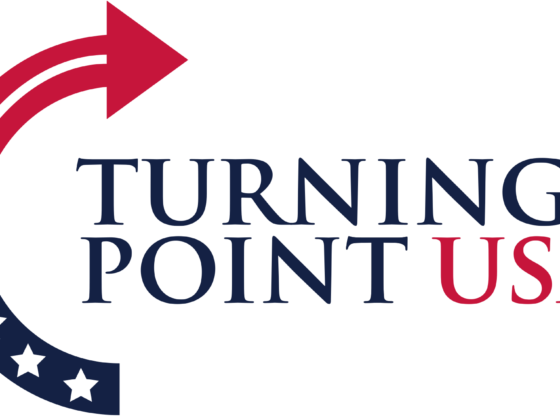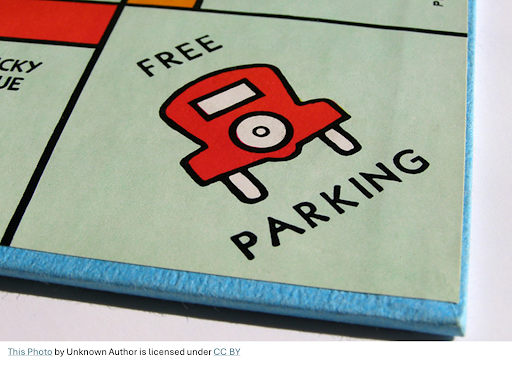Let’s delve into an ongoing conflict plaguing half of the population: should feminine hygiene products, such as tampons and pads, be exempt from sales tax?
Sales taxes are an additional percentage of the price of a good or service that the consumer must pay. Once the sales tax is collected, it is then filed and transferred to state or local authorities. After reaching the government, the sales tax funds are then used to support roads, parks, schools, government run facilities and more.
It’s important to acknowledge what qualifies for sales tax. The items that are subject to sales taxes are coined as tangible personal property (TPP). This broad wording enables states to have exemptions.
A plethora of activists have reasoned that there shouldn’t be a sales tax on feminine hygiene products, particularly when these items are a necessity rather than a luxury. It also hasn’t helped that certain non-necessity men’s products are void of a sales tax, such as Viagra (in various states). Now, many women are wondering why they’re getting taxed for having a period.
One of the reasons a resolution hasn’t occurred is due to the fact that sales taxes are unique to each state; the federal government has limited jurisdiction. As a result, states have the ability to decide if they want sales taxes, what the sales tax percentage is and what items are exempt from it.
This leads into the controversial “pink tax,” where women are charged more for certain products and/or services. Perhaps another unsavory fact is that 40 states have the “pink tax,” and any legislative changes face a predominantly male government. On average, products for women or girls cost 7 percent more than comparable products for men and boys. The largest disparity is between hygiene products, in which women’s products are 13 percent more than men’s.
According to Ted Potrikus, CEO of the Retail Council of New York State, “Companies are willing to spend more money advertising to women than they are toward men, contributing to the price discrepancies. Advertising that doesn’t talk up the product but tells you you’ll be prettier and more successful is emotional advertising, it creates insecurities and jacks up the price.”
This decadelong debate continues to ensue as marketing companies use it to gauge the wallets of women and coerce people into thinking that because a razor is pink and has the label “women’s razor” that it’s vastly different than the men’s and therefore should only be used for women.
It’s time to stop using 1950s logic for present-day standards. Include feminine hygiene products in the “exempt” list to stick by the phrasing of “necessity items,” move past price discrimination and leave the bigoted mindset in the past where it belongs.











